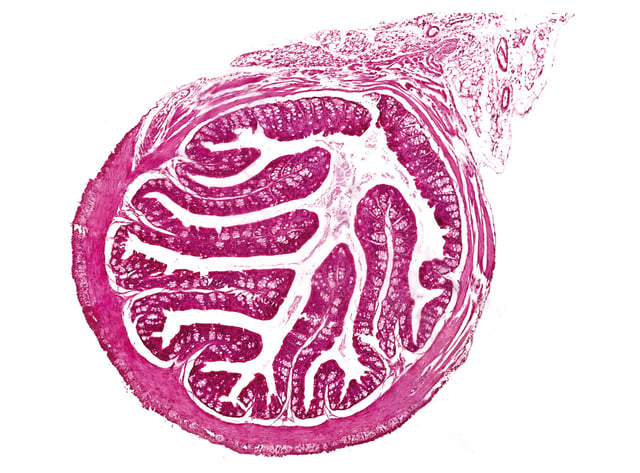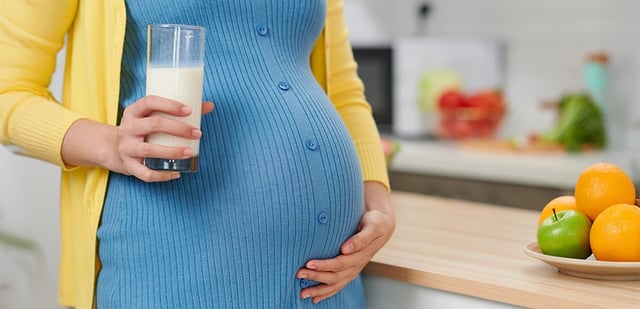Overview
- Published in the Journal of Translational Medicine, the study identifies Bifidobacterium breve as a regulator of placental hormone production and reports the first link between the maternal gut microbiome and the placenta.
- Using germ-free mice, researchers colonized half of the pregnant animals with B. breve and observed fewer early losses, improved fetal growth, and higher fetal nutrient levels versus controls.
- Placental profiling showed shifts across more than 150 biological processes involving over 400 proteins, with increases in prolactins and pregnancy-specific glycoproteins.
- Placentas from colonized mice were more effective at transferring nutrients such as amino acids and lactate from mother to fetus.
- Investigators see potential for microbiome testing or probiotic interventions, but emphasize that confirmation in additional animal models and in pregnant women is required before clinical use.

